Adopting a senior cat can be one of the most rewarding experiences for any cat lover. These wise and gentle souls often come with a lifetime of stories and a unique charm that younger cats may not possess. However, before you decide to welcome a senior feline into your home, there are several important factors to consider. Understanding their needs, health considerations, and the joys they bring can help ensure a smooth transition for both you and your new companion. Here are ten essential things to know about senior cats before making that life-changing decision.
Understanding Senior Cat Age
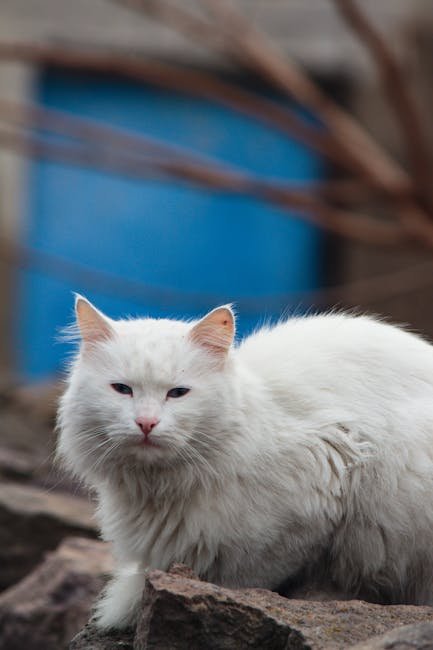
Cats are generally considered seniors when they reach the age of 7 years. However, this can vary based on breed and individual health. By the time a cat reaches their senior years, they may start to show signs of aging, such as decreased activity levels and changes in behavior. It’s essential to recognize that older cats still have plenty of love to give and can adapt well to new environments. Their wisdom and maturity often result in less mischievous behavior, making them excellent companions for those seeking a more relaxed pet. Remember, just like fine wine, cats can age gracefully and offer a depth of character that younger cats are still developing.
Health Considerations
Senior cats are more prone to various health issues, including arthritis, dental disease, and kidney problems. Regular veterinary check-ups become crucial to monitor their health and catch any potential issues early. Be prepared for possible increased veterinary costs and consider pet insurance to help manage expenses. Early detection of health issues can significantly enhance their quality of life, enabling them to enjoy their golden years. It’s also vital to watch for subtle signs of discomfort or pain, as cats are known to hide their ailments. Providing them with a comfortable and supportive environment can make a significant difference in their overall well-being.
Dietary Needs
As cats age, their dietary requirements may change. Senior cats often benefit from a diet formulated specifically for their age group, which can help maintain their health and energy levels. Look for high-quality cat food that is rich in protein and lower in calories to prevent obesity, which can exacerbate health problems. It’s essential to consult with your veterinarian to determine the best dietary plan for your senior cat. Proper nutrition can help support their immune system, keep their coat shiny, and maintain their digestive health. Remember, a well-fed cat is a happy cat, and a happy cat is a loving companion.
Exercise and Play
While senior cats may not be as energetic as their younger counterparts, they still need regular exercise to maintain a healthy weight and mental stimulation. Engage them in gentle play sessions with interactive toys, and provide scratching posts to encourage movement. Short bursts of playtime can keep them active without overwhelming them. Regular exercise can also help prevent muscle loss and joint stiffness, contributing to their overall comfort. Creating a fun and engaging environment for your senior cat can enhance their quality of life and provide you with memorable bonding moments. Remember, playtime isn’t just for kittens!
Litter Box Considerations
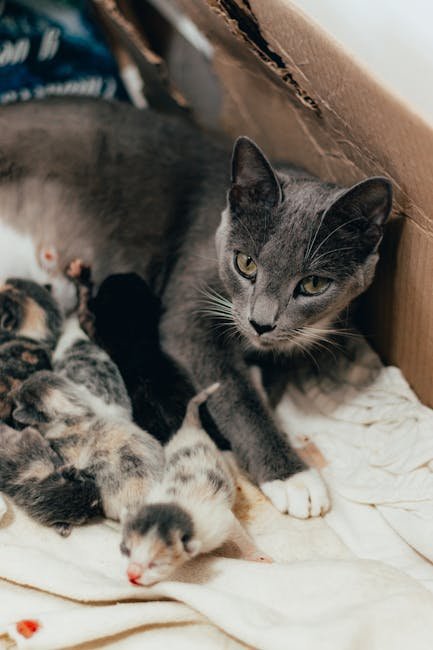
Older cats may have mobility issues that make it challenging for them to access a traditional litter box. Consider providing a low-entry litter box or one with higher sides to prevent spills. Keeping the litter box clean and in a quiet, accessible location is vital for their comfort and well-being. A well-maintained litter box can prevent accidents and ensure that your senior cat feels secure in their environment. Additionally, monitoring their litter box habits can provide valuable insights into their health, as changes may indicate a need for veterinary attention. Creating a stress-free litter box experience can significantly impact their happiness.
Behavioral Changes
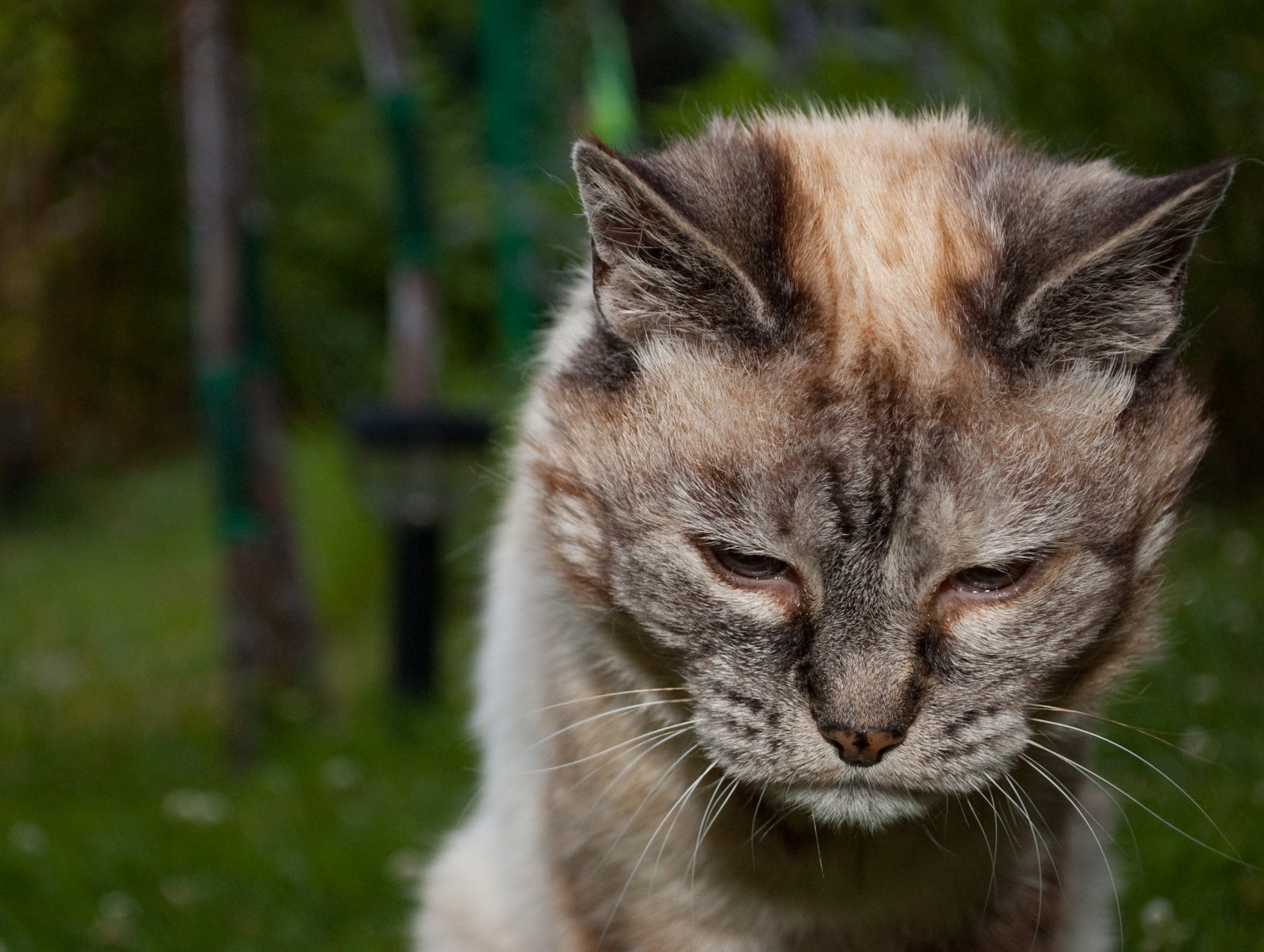
Senior cats may exhibit behavioral changes due to aging, such as increased vocalization, changes in sleeping patterns, or altered social interactions. It’s important to be patient and understanding as they navigate these changes. Providing a calm and stable environment can help ease their transition. Understanding that these changes are a natural part of aging can help you respond with empathy and care. Encouraging positive interactions and providing mental stimulation can help keep their minds sharp and engaged. Remember, your senior cat is still the same loving companion they always were, just with a few new quirks.
Comfort and Environment
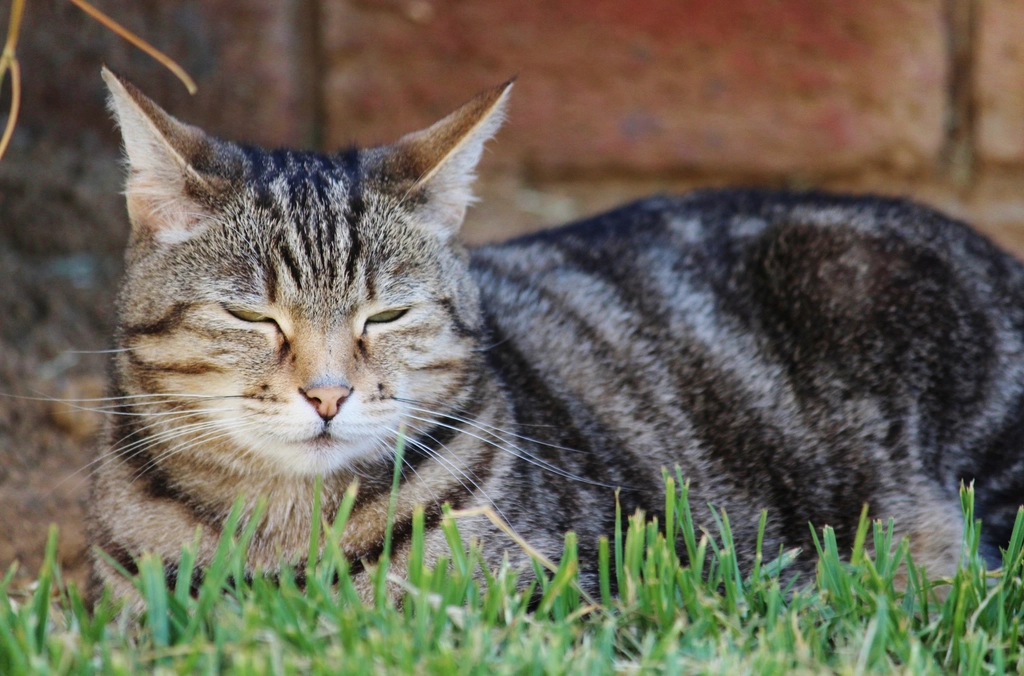
Creating a comfortable living space is essential for a senior cat. Provide cozy resting spots, such as soft beds or blankets, in quiet areas of your home. Ensure that their environment is safe and free from hazards, as older cats may not be as agile as they once were. Offering them a sanctuary where they can relax and feel secure can significantly enhance their quality of life. Consider placing their favorite toys and comforting items nearby to create a sense of familiarity. By prioritizing their comfort, you allow your senior cat to enjoy their home and surroundings peacefully.
Grooming Needs
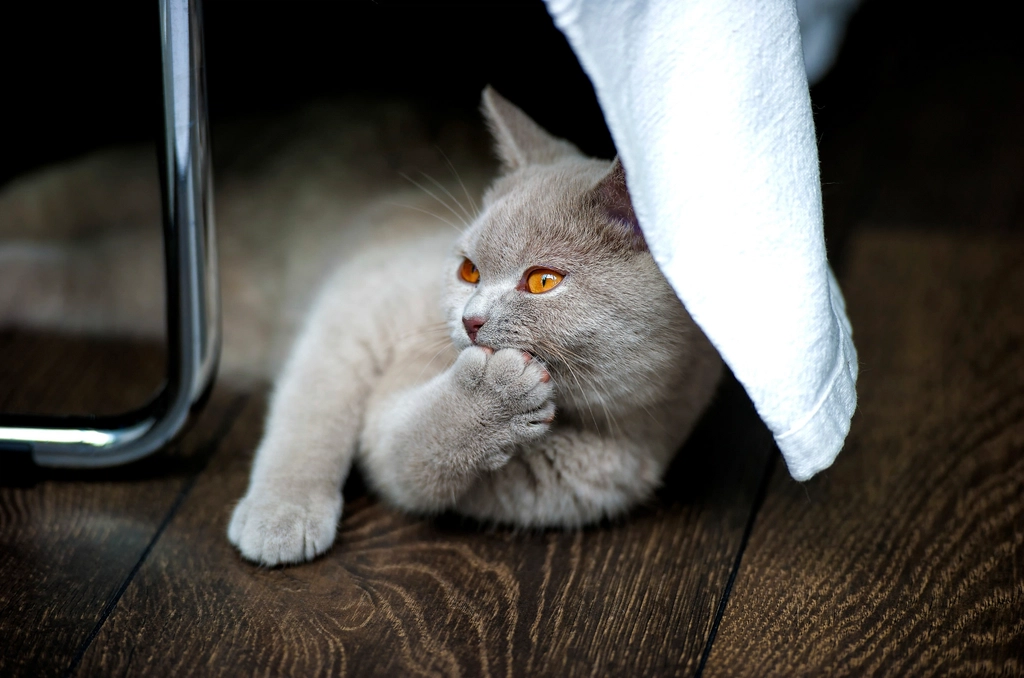
Senior cats may require more grooming than younger cats, especially if they have long fur. Regular brushing can help prevent matting and reduce shedding. Additionally, older cats may not groom themselves as effectively, so keeping an eye on their coat condition is important. Grooming sessions can also serve as bonding moments, allowing you to connect with your cat while tending to their needs. Ensuring their nails are trimmed and their ears are clean can contribute to their overall health and comfort. Remember, a well-groomed cat is not only healthier but also happier.
Socialization and Companionship
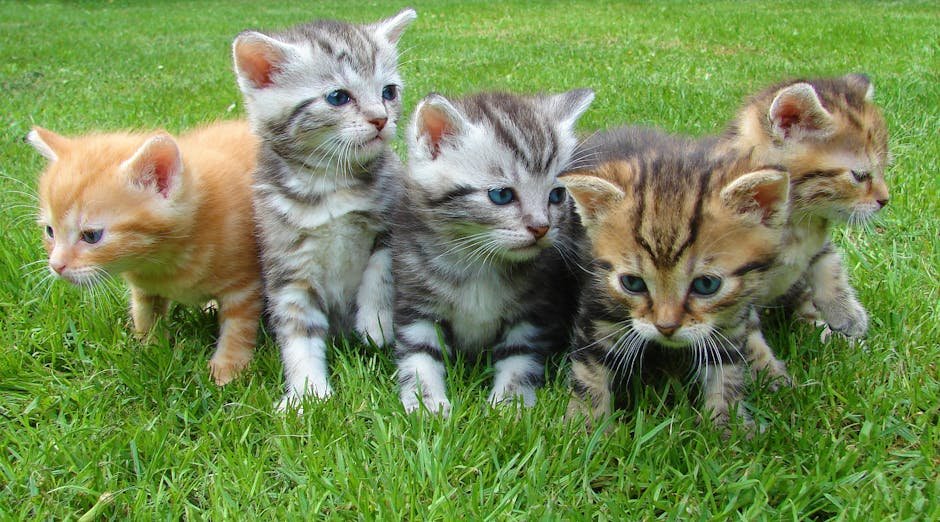
Senior cats often thrive on companionship, whether it’s from humans or other pets. If you have other animals, monitor their interactions to ensure everyone gets along. Providing a stable and loving environment can help your senior cat feel secure and happy. Socialization is crucial for their mental and emotional well-being, and spending quality time with your cat can strengthen your bond. Consider engaging in activities that encourage interaction, such as gentle play or quiet cuddle sessions. By offering companionship, you enrich their life and yours with love and joy.
The Joy of Adoption
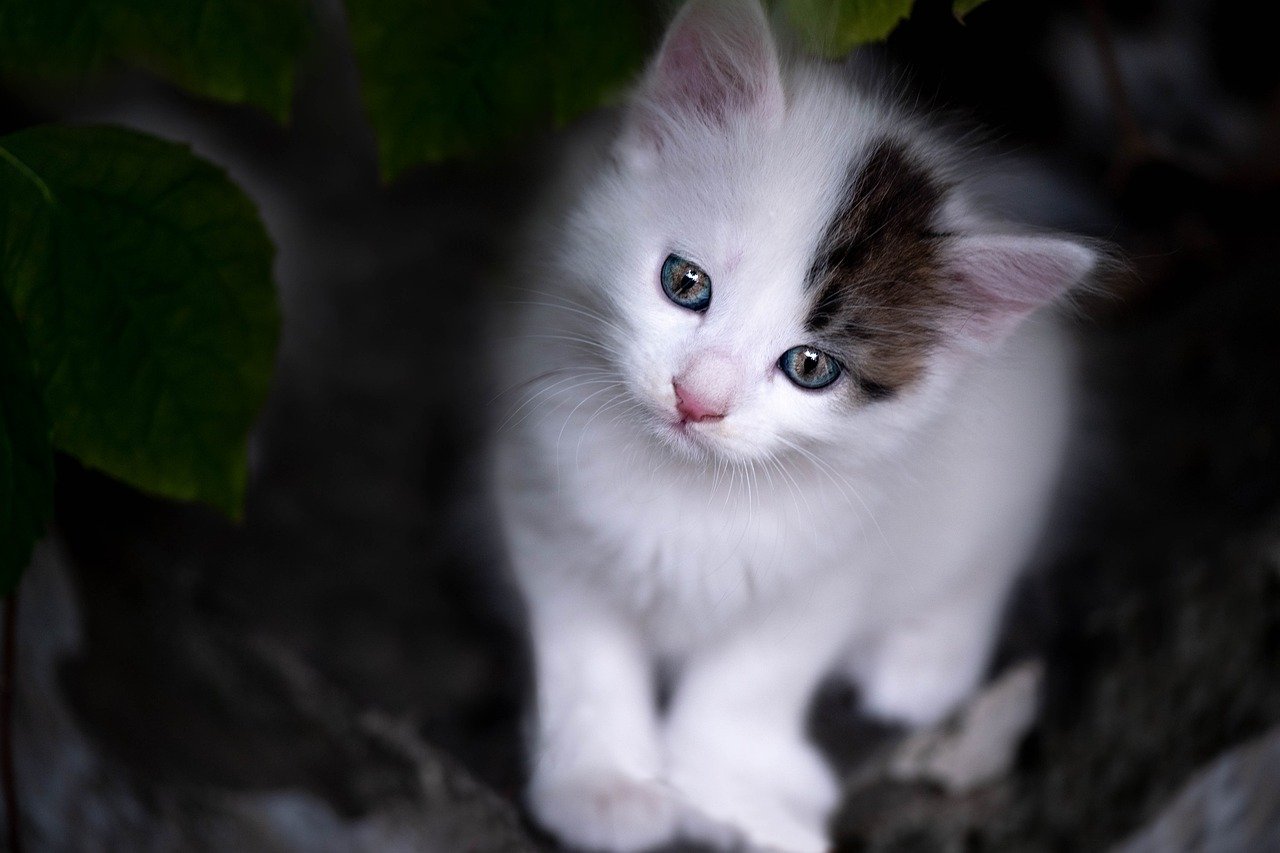
Adopting a senior cat can be incredibly fulfilling. These cats often have a calm demeanor and are grateful for a second chance at a loving home. By choosing to adopt a senior cat, you are not only giving them a new lease on life but also enriching your own with their wisdom and affection. Embracing the opportunity to share your home with a senior cat can bring immeasurable joy and satisfaction. Their gentle spirit and loving nature can teach you valuable lessons about kindness, patience, and unconditional love. In the end, adopting a senior cat is a beautiful journey filled with love and companionship.
Hi, I’m Bola, a passionate writer and creative strategist with a knack for crafting compelling content that educates, inspires, and connects. Over the years, I’ve honed my skills across various writing fields, including content creation, copywriting, online course development, and video scriptwriting.
When I’m not at my desk, you’ll find me exploring new ideas, reading books, or brainstorming creative ways to solve challenges. I believe that words have the power to transform, and I’m here to help you leverage that power for success.
Thanks for stopping by, Keep coming to this website to checkout new articles form me. You’d always love it!





